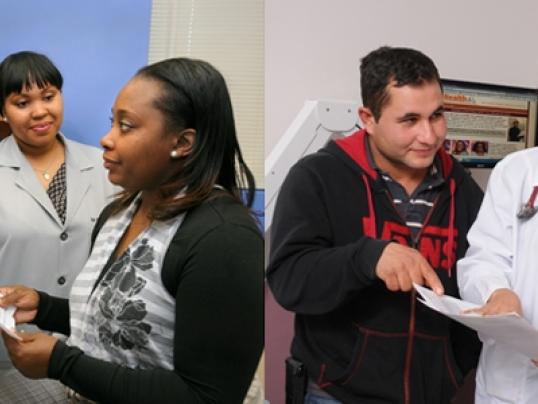Primary tabs

Virtual Evaluation: Modeling the Ripples of Health Care Information
Wednesday, November 19, 2014
Using RCC's high-performance computers, researchers at the Computation Institute and University of Chicago Medicine & Biological Sciences are creating a new tool for assessing health care innovations and policies.

Individual's Unique Microbial "Fingerprint" Drastically Affects Home Environment
Tuesday, September 2, 2014
Mounting evidence suggests that microscopic, teeming communities of microbes play a role in human health and disease treatment and transmission.

Computation Leads to Better Understanding of Flu Replication
Monday, June 16, 2014
University of Chicago scientists have published computational results that may give drug designers the insight they need to develop the next generation of effective influenza treatment.

Lightning Talks Return
Thursday, February 27, 2014
This round of speakers focused on applications of computer and programming skills to areas ranging from social good to genomics to nanotechnology at CI centers and projects including Swift, Globus, the Data Science for Social Good Fellowship, and more.

Text as Data: From Federalist Papers to Yelp
Wednesday, February 5, 2014
If you want to find an example of big data in your own life, look no farther than the nearest bookshelf.